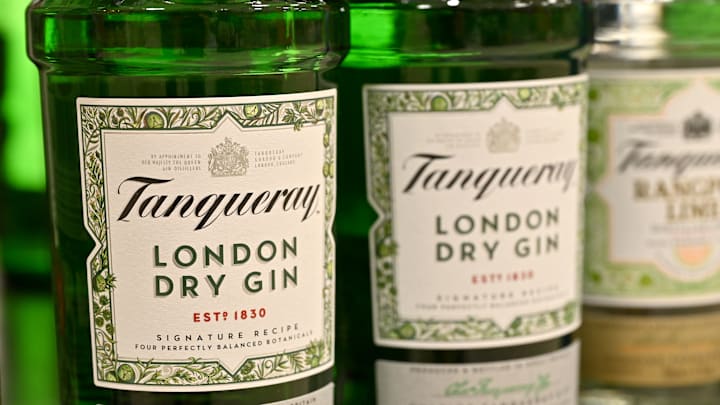The first month of the year is an excellent opportunity to set new goals. Reflect on what you want to improve about your daily life. You might hope to find an exercise routine you enjoy, paint your living room or travel to a specific destination. Many people choose to go alcohol-free.
Pausing your alcohol intake could be a small change that makes a significant impact on your life, especially if you never feel well-rested. Check out how it could affect your sleep quality to understand why people spend January ordering sodas or water instead.
Does Alcohol Interfere With Your Nightly Rest?
Sipping on alcohol may affect how well you rest every night, even if you only have an occasional drink. Two standard drinks are enough to delay rapid eye movement (REM) sleep, which may surprise some people. Even if you start yawning after a few hard beverages, you might wake up feeling tired because the alcohol prevents your mind from finishing a complete sleep cycle.
Why Are People Going Alcohol-Free in January?
People try alcohol-free diets during January because it’s part of their New Year’s Resolutions. While others might set new goals or change their social lives, some people are happier exploring a sober lifestyle. Sobriety might interest you if you want to save money, feel better in your body or improve your nightly rest.
5 Key Sleep Benefits of Going Alcohol-Free This January
Skipping your favorite cocktails until February might improve how you feel each morning. Read about the potential sleep benefits of a booze-free diet to see if it’s something you’d like to try.
1. Improve Your Memory Retention
While you’re dreaming, your brain is processing the stimuli you experienced that day. It needs a complete sleep cycle to strengthen your neural connections and form new memories. Removing something that could potentially interfere with that cycle might help you feel less foggy throughout the day.
2. Fewer Bathroom Trips
Drinking lots of liquid — booze or otherwise — could make you wake up during the night. Consider how often you pull yourself out of bed to use the bathroom. Slowing your evening liquid intake may improve this routine, especially if you’re used to following every hard beverage with a glass of water to prevent hangovers.
Changing your diet could also make this sleep perk your nightly reality. Hydrate throughout your day with water-based veggies like cucumbers, zucchini or lettuce. You might not need to drink as much water if you’re supplementing your intake with fresh produce. While you’ll enjoy feeling hydrated, your body might even use the extra nutrients to fortify your brain’s health so it rests more efficiently.
3. REM Sleep Could Improve
You might not think eye movement has anything to do with resting, but REM sleep is crucial for the brain, and alcohol disrupts that process. See how limiting your alcohol consumption may help you finally achieve the blissful feeling of waking up after a deep slumber.
If you want to go a step further, change your bedroom environment before drifting off to dreamland. Experts recommend setting your thermostat between 65 and 68 degrees Fahrenheit so your body can rest at an optimal temperature. It could be an excellent addition to your efforts if you often wake up sweating under your blankets.
4. Strengthen Your Immune System
Hard beverages could be one of the reasons you get sick frequently. When alcohol enters your digestive tract, it causes cellular inflammation that deteriorates your immune system. Enjoying a dry January may prevent you from encountering another head cold or stomach bug that keeps you up at night. Staying healthy may become easier after you swap beer, liquor or wine for other tasty beverages.
5. Reduce Sleep Apnea Symptoms
Sleep apnea is a condition that makes someone stop breathing while they rest. Researchers found that alcohol could make breathing issues a more common occurrence for people with the condition. Booze causes vasoconstriction, which increases the transmural pressure within your blood vessels, preventing the lungs and brain from getting enough blood to function properly.
The same research studied people with sleep apnea who changed their drinking habits. Those who decreased or eliminated alcohol had fewer issues breathing during the night. It’s worth considering if sleep apnea runs in your family. If you’re at risk for heart conditions, alcohol’s effect on your blood vessels could be a secondary reason to go alcohol-free for a while.
Get Better Rest This January Without Alcohol
You can try an alcohol-free life without suddenly stopping your intake forever. Experiment with sobriety for a month. If you join other people who are avoiding booze this January, you might finally get the deep rest you’ve been missing. It’s a small change that may significantly benefit your mind and body.
